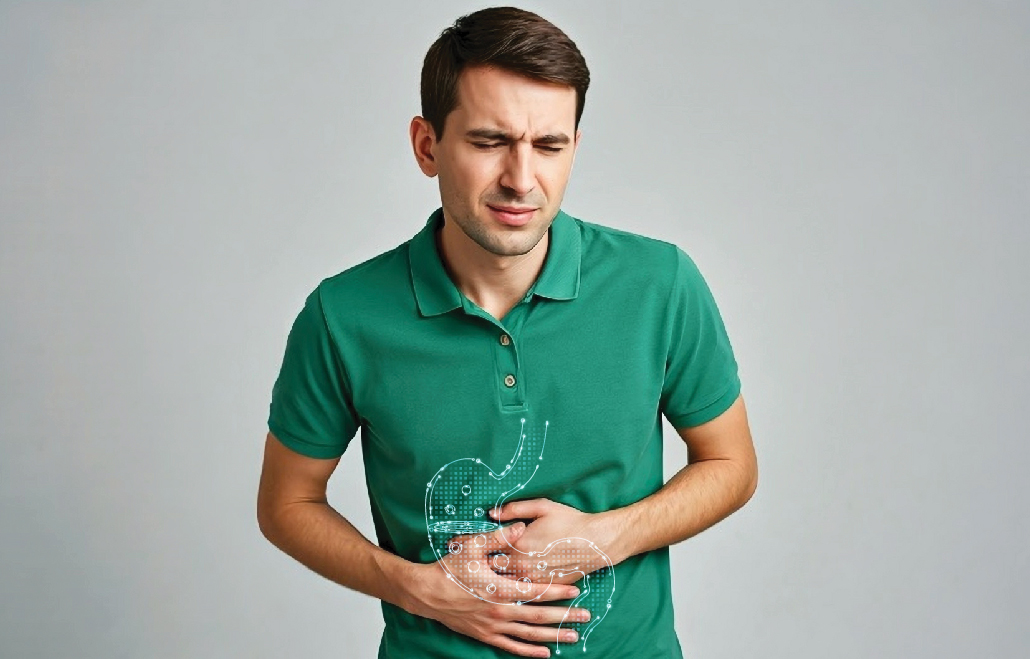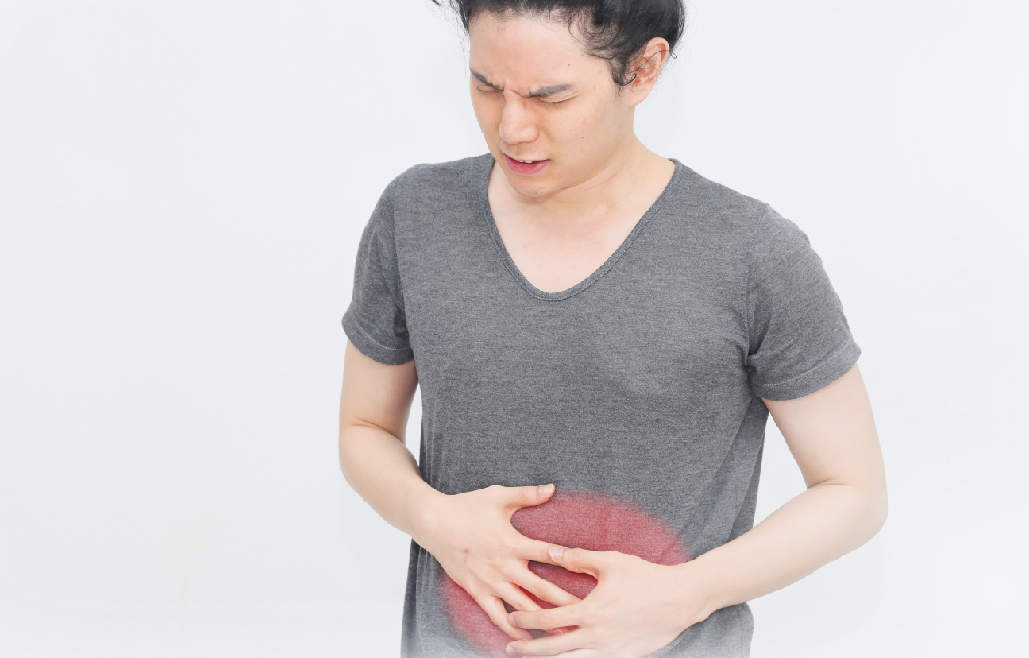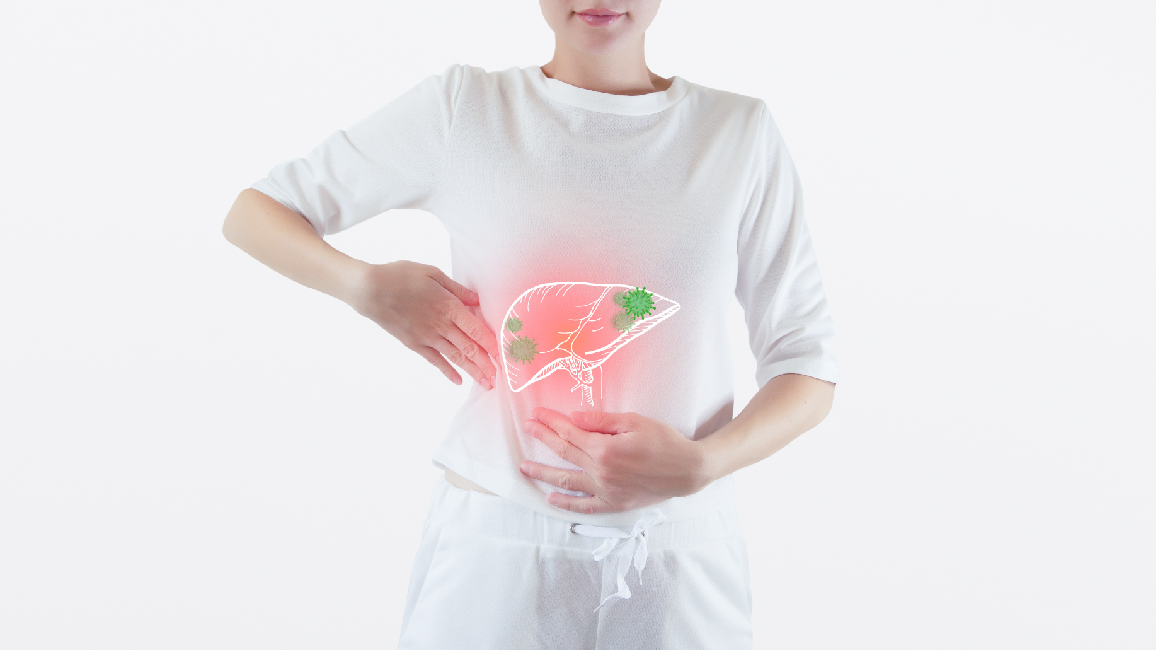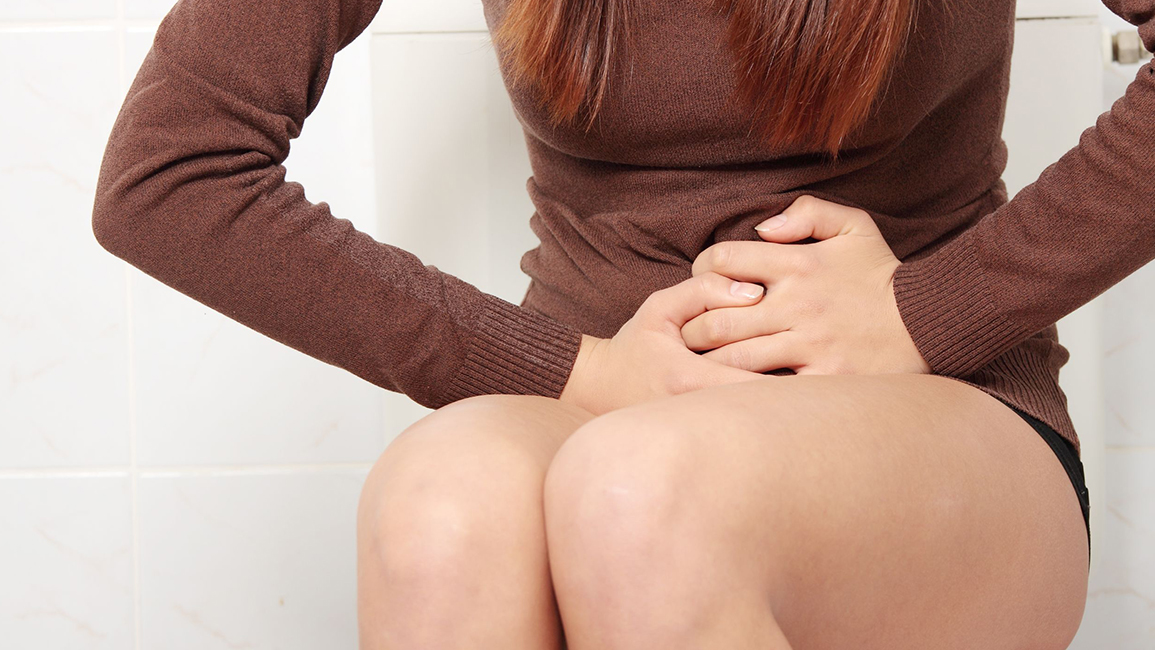Constipation With Diarrhea
Center : Gastrointestinal and Liver Center
Article by : Dr. Sombun Rungjiratananon
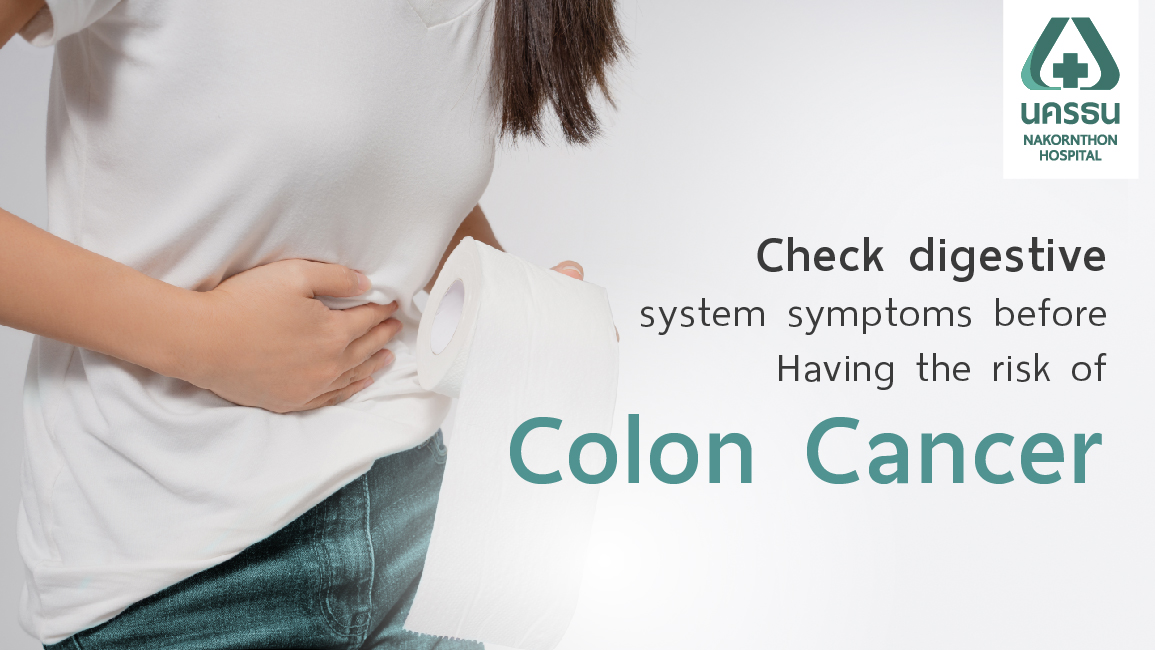
Choose to read by topic:
Many people choose to ignore any abnormalities that occur to their bodies because they think those symptoms will improve with medications. However, some signs and symptoms indicate the beginning of harmful diseases. For example, if you have constipation with diarrhea, it may indicate the early stage of colon cancer. Hence, it is recommended that you seek medical advice to prevent other harmful complications.
What is Constipation With Diarrhea
Fecal incontinence can occur to anyone. Mostly, the condition is occasional and resolves itself over time. However, some people may have a case of constipation with diarrhea or passive incontinence. Passive incontinence is defined as being unaware that you need to pass stool. Examples of passive incontinence are constipation and diarrhea.
Constipation with diarrhea is an abnormal symptom. Besides being side effects of certain medications, these symptoms indicate abnormal bowel movements. Usually, it indicates that you may develop colon cancer.
Causes of Constipation With Diarrhea
It’s not typical to have both cases of fecal incontinence at the same time: constipation and diarrhea. It is important that you take notes about your bowel movements. In this topic, we’ll dive into the possible causes.
Colon Cancer
The main symptom of colon cancer is usually abnormal bowel movements. Meaning, a persistent change in your bowel habits. Colon cancer can cause constipation or diarrhea, or in some cases, constipation with diarrhea. Rectal bleeding is also common. So as persistent abdominal discomfort: cramps, sharp pain, and excessive gas.
Other symptoms that may occur if you have colon cancer are:
- Unexplained weight loss despite the same amount of meal consumption.
- Blood in stool or rectal bleeding.
- Nausea and loss of appetite.
- Abdominal pain. Bloating.
- Difficulty in passing stool. The stool size has changed: smaller.
- Lump in the lower abdominal area.
Irritable Bowel Syndrome (IBS)
Irritable Bowel Syndrome (IBS) can also have symptoms of constipation with diarrhea. IBS is the term for irregular bowel movements due to outside factors, such as:
- Changes in your gut bacteria.
- Stress.
- Chang in your diet.
- Constipation with diarrhea are common with pain, cramps, or fatigue.
Inflammatory Bowel Disease (IBD)
Inflammatory Bowel Disease (IBD) is different from IBS. IBD is the term used to describe a group of diseases related to the inflammatory bowel, such as ulcerative colitis and Crohn’s disease.
Diarrhea is one of the common symptoms of IBD. Each type of IBD affects different parts of the GI tract. Usually, the ilium, the end of the small intestine, is affected. The ilium is the transition to the large intestine. Hence, fecal incontinence can occur due to affected intestine functions.
IBD conditions can be caused by autoimmune disorders as well. This results in bowel inflammation or changes in GI muscle movements. Hence, the symptoms of alternate fecal incontinence.
Pregnancy
Constipation is usually considered common in pregnant women. Some causes related to the symptoms are:
- Pressure put on your bowels from the growing fetus. This results in the narrower spaces in the colon, leading to constipation.
- Changes in the hormones. The hormones affect speed and movements of the GI tract, changing the digestion process.
- Changes in the diet. The body may take time to get used to new foods that you don’t normally eat. This can lead to changes in bowel movements. Constipation or diarrhea is common as the stomach is getting used to new foods.
- Food sensitivities or allergies. Some people may have specific types of food sensitivities, resulting in constipation or diarrhea.
- Prenatal vitamins. The vitamins may change your bowel movements, as a result, constipation or diarrhea may occur.
Diet
A change in diet can lead to alternate fecal incontinence. The stomach may not be used to some specific types of foods, so the bowel movements need to adjust. This usually leads to diarrhea or, in some cases, constipation. Normally, the symptoms are short-term and resolve over time. If the symptoms persist, they may indicate the need for medical advice.
Stomach Flu
The case of abnormal fecal incontinence can be the result of stomach flu. Stomach flu, or viral gastroenteritis, is a temporary viral infection in the GI tract. The infection causes inflammation in the stomach and the intestines, disrupting normal bowel movements and causing fecal incontinence.
Mostly, people with stomach flu will experience diarrhea. Constipation is less common since the bowels swell up and have difficulty in absorbing water, resulting in excessive liquid in the bowels and eventually, diarrhea.
When to See a Doctor for Constipation With Diarrhea
Short-term fecal incontinence is usually considered normal. However, you may need to see a doctor if you have a case of persistent diarrhea for a few days to a week, since it can dehydrate you and lead to other complications. Constipation can result in other serious diseases as well. It is recommended that you seek professional advice if you have:
- decreased urine output
- dark yellow urine
- thirst
- lightheadedness
- headache
- dizziness
- dry, sticky mouth
Those aforementioned symptoms are signs of dehydration caused by diarrhea. However, in case you have severe constipation, it is suggested that you see a doctor if you have:
- part of your intestine sticking out of your anus (rectal prolapse) from straining
- stool that can’t be expelled
- constant feeling that you have to poop even when nothing comes out
- swollen veins around your anus (hemorrhoids) from straining
- torn anus skin (anal fissure) from a large or hard stool
It is noted that constipation with diarrhea can be far more dangerous than you think. Taking notes of your signs and symptoms and seeking professional advice is suggested.
Constipation With Diarrhea Treatment
Constipation with diarrhea are symptoms. To treat the symptoms, you ought to have a proper diagnosis first. Treatments for fecal incontinence vary depending on the causes. In this topic, we will cover treatments for constipation with diarrhea, as divided into 4 categories.
Colon Cancer Treatment
Colon cancer treatment usually involves surgery to remove the cancer. Other treatments, such as radiation therapy and chemotherapy, may be considered depending on each patient’s condition. The doctor will determine the stage of colon cancer first. Targeted drug therapy and immunotherapy may also be considered as alternatives.
Irritable Bowel Syndrome (IBS) Treatment
IBS treatments vary, depending on the conditions. Generally, the treatments involve:
- drugs to relieve specific symptoms, such as diarrhea or constipation.
- antidiarrheal medications, such as loperamide and diphenoxylate, to slow down muscle contractions in your GI tract
- antispasmodics and peppermint oil to reduce cramping
- bile acid sequestrants, such as cholestyramine and colesevelam, if antidiarrheal medication doesn’t work well
- taking probiotics
- dietary changes or taking fiber supplements to increase stool health
- relaxation therapy to reduce stress and anxiety levels
- antidepressants, such as fluoxetine (Prozac) or citalopram (Celexa), to reduce anxiety and stress
Inflammatory Bowel Disease (IBD) Treatment
Currently, there’s no cure for IBD. The doctor may suggest a wide range of medications to treat the symptoms. Regular checkups may be needed to monitor the condition. Treatments for IBD typically involve:
- antidiarrheal drugs and laxatives for diarrhea and constipation
- anti-inflammatory drugs like mesalamine, sulfasalazine, and corticosteroids
- regular colonoscopies to check on your bowel health
- supplements, including iron, to restore nutrients
- surgery to widen a narrow bowel or remove diseased portions of your intestine
Stomach Flu Treatment
Treatments for Stomach Flu generally involve:
- Over-the-counter oral rehydration solutions (OHS).
- Probiotics can help restore healthy gut bacteria affected by infection.
Constipation With Diarrhea Prevention
Constipation or diarrhea alone can generally be prevented. However, it is different in terms of constipation with diarrhea, for the alternate fecal incontinence may represent other diseases. Typically, it is suggested that the person take note of what triggers the symptoms. Lifestyle adjustments are also helpful. Here are some examples of how to prevent constipation with diarrhea.
- Reduce stress levels
- Reduce anxiety
- Limit tobacco use
- Limit alcohol consumption
- Avoid smoking
- Avoid overeating
- Stay hydrated
- Eat a fiber-rich diet
- Exercise regularly
- Take regular probiotics to promote gut health
Constipation With Diarrhea Conclusion
Constipation with diarrhea indicates the need for medical advice, for it typically indicates other diseases, such as colon cancer. The key to getting proper treatments is getting precise diagnoses. If you are now living in Thailand and experiencing these symptoms, Nakornthon’s GI center offers you a one-stop service: diagnosis, treatment, and prevention. The experienced gastroenterologists there are ready to advise you and walk you through the series of examinations and treatments. The hospital offers you a thorough service to ensure that you have good health and a good quality of life.
Online Consultation
Article of Gastrointestinal and Liver Center


